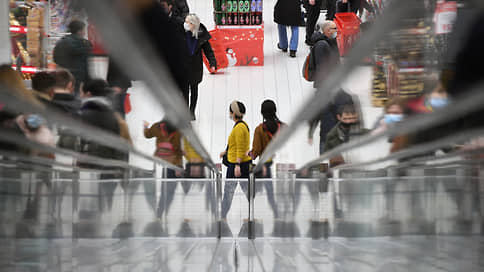Uncertainty in the economy does not always lead to a decline in production and to a recession

Uncertainty in the economy does not always lead to a decline in production and recession, follows from the research work of a group of scientists from the UK and Spain, published by the European Center for Economic Research (CEPR). The inability to predict the conditions for the medium -term perspective can be combined with stable economic growth – but only if there is no consensus about the state of the economy in society. Then business activity is supported by that part of consumers that maintains optimism. In the absence of disagreements, synchronous reduction of demand is recorded, as well as a decline in investment – and, as a result, a recession.
In recent years, there are more and more research on economic uncertainty. At first, the impossibility of accurately predicting the consequences of the pandemia Covid-19, then-the military operation of the Russian Federation in Ukraine, was at first fueled in this topic. Another boom in this kind of work can happen in the coming years: reflections on increasing uncertainty are found in almost every article and an analytical note on the economic policy of US President Donald Trump.
One of the new studies on this topic is the work of a group of scientists from the UK and Spain “Consistent and inconsistent: rethinking macroeconomic influence” published by CEPR. Its authors are reminded: it was previously assumed that in the absence of clear rules of the game, business postpone investments, households reduce consumption, and volatility in the financial market is growing – as a result, the economy rolls into a recession. Studying arrays of data on the periods of uncertainty, scientists came to the conclusion that such consequences are not always.
The authors distinguish two types of uncertainty: “agreed” and “disagreed”. Business activity is reduced with “coordinated” uncertainty, that is, when consumers have no disagreement about what is happening in the economy and they tend to act in a similar way. In such conditions, investments are compressed, and demand demonstrates a decline. With “inconsistent” uncertainty, citizens look differently at the development of the situation (opinions in society can be polar) and some of them retain optimism, which supports the activity and stable growth rates of the economy.
In fact, it is consumer disagreements that are recognized as scientists of the key aspect of uncertainty.
An analysis of these consumer regular surveys conducted by the University of Michigan shows that the presence or absence of consensus in their views is reflected in the growth of the US economy. The growth of the calculated index of consumer disagreements coincides with the periods of the stable expansion of the economy, its decrease – with episodes of the decline. The assumptions of scientists are confirmed in practice. For example, economists analyzed consumer expectations before and after the Fed’s statements on March 16, 2022 (then the regulator raised the rate, see “Kommersant” dated March 17, 2022). The “coordinated” uncertainty, recorded after them, led to a sharp decrease in consumer expenses and a slowdown in the economic growth.
Researchers believe that detailed data on consumer moods in the future will be of great value for analysts who prepare forecasts, as well as politicians who make decisions – since it will more accurately determine the potential consequences of uncertainty.








/s3/static.nrc.nl/images/gn4/stripped/data132215129-120f8f.jpg)